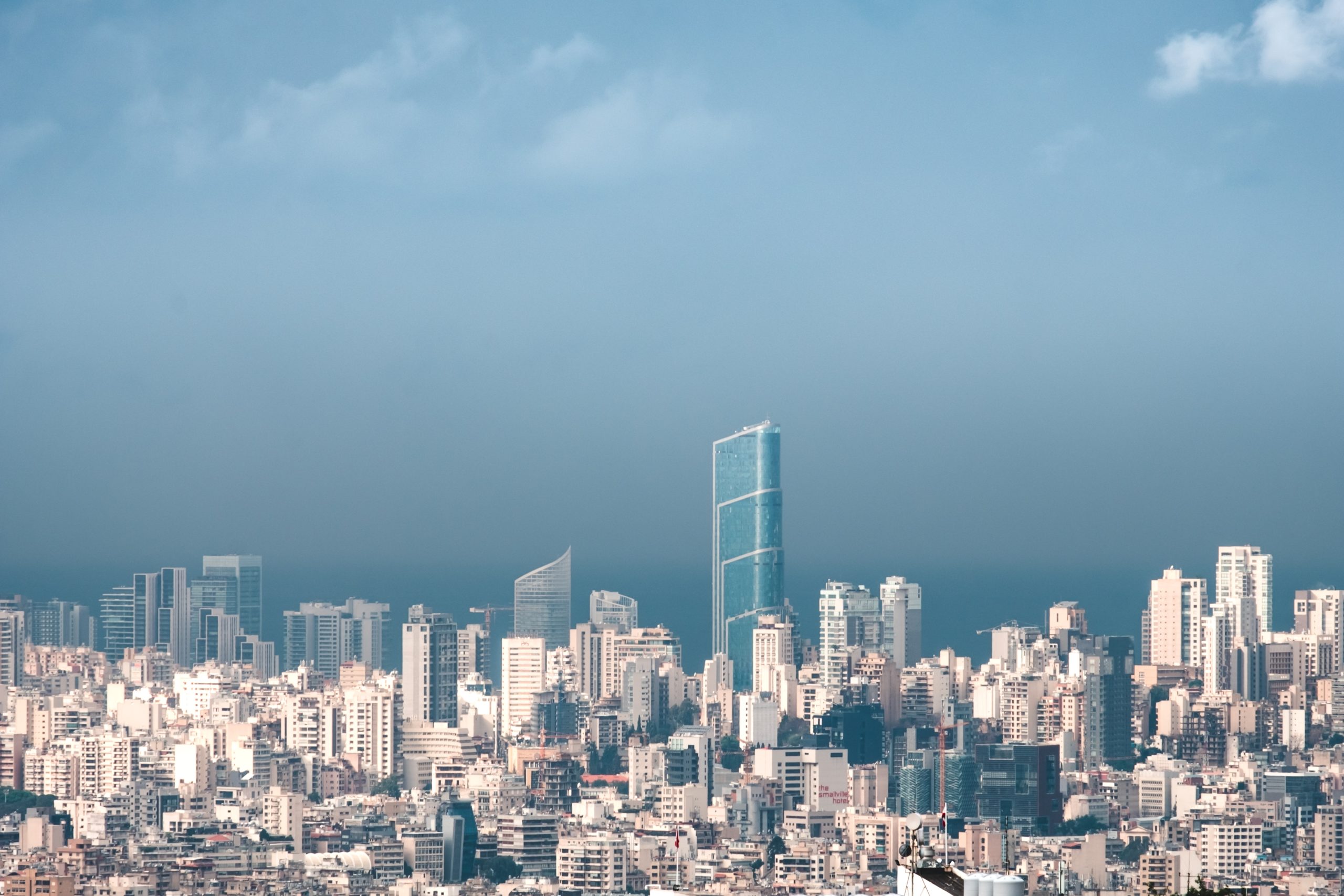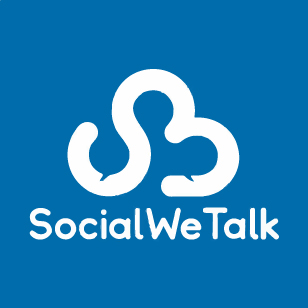The Role of Social Media Agencies in the Parliamentary Elections
Can the Virtual Walls of Social Media Be a Catalyst for Change in Lebanese Politics?
The Parliamentary Elections are almost over, and we can finally clean all the walls, billboards, poles and skies of our country from the eyesore that is the posters of the Parliamentary Candidates and their wearied out slogans. We can only hope that people will make the right decision at the polls. But wait for a second! Was it okay for us to go through this entire eyesore in the first place? Did the Candidates really have no other, more sight-friendly – less annoying way to campaign for themselves?
Well, yes they did: The virtual walls of Social Media!

This election has undoubtedly witnessed the highest engagement on social media in the history of Lebanon. This relatively new founded media channel has proven noteworthy in the face of traditional campaigning methods. This was especially evident with independent candidates who were attempting to challenge the founded status-quo of the parliament; yet lacked the financial means to pursue traditional mainstream media outlets.
The traditional media is part of the political system, and they charge excessively for coverage with up to six thousand dollars for a minute of airtime during the elections, which posed a serious issue for the independent candidates who were not politically affiliated with the mainstream media networks nor did they have the financial status that would allow them to break through the system, leaving them very little chances of exposure. Those challengers had to seek social media agencies in order to overcome this obstacle. Those agencies have helped the independent candidates to maneuver their way through the objective, non-biased, and fairly-priced social media outlets. They helped them organize their reach and manage their accounts more efficiently by allowing them to make the best use of the utilities provided by social media networks. Civil society independent candidates have benefited from those utilities to the most.

Some agencies opted for producing online series’ shedding the light on the candidate’s vision and programs. Those videos have reached up to tens of thousands of views. Most of the candidates were streaming live videos at least once a day addressing their candidates. Another significant feature was the candidate’s direct contact with their voters. They were directly replying to all the questions that were posted on their pages and comment sections. This level of personal involvement and interest in the individual’s comments and posts reflected how interested the independent voters were in what each and every citizen had to say.
In contrary to traditional media channels that often portray candidates through a previously planned interview -most probably avoiding all critical issues- the independent candidates were literally involved in pretty much every single question and concern. Social media networks also served as a useful platform for informing the voters about all kinds meetings and gatherings organized by the campaign. They were not only connecting the voters to the candidates but also connecting the voters with each other and allowing them to influence each other and their families. If anything, these past elections have proven for us once again that by amplifying voices that would not have been heard otherwise, social media agencies might be one of the main Catalysts of change in Lebanese politics.











